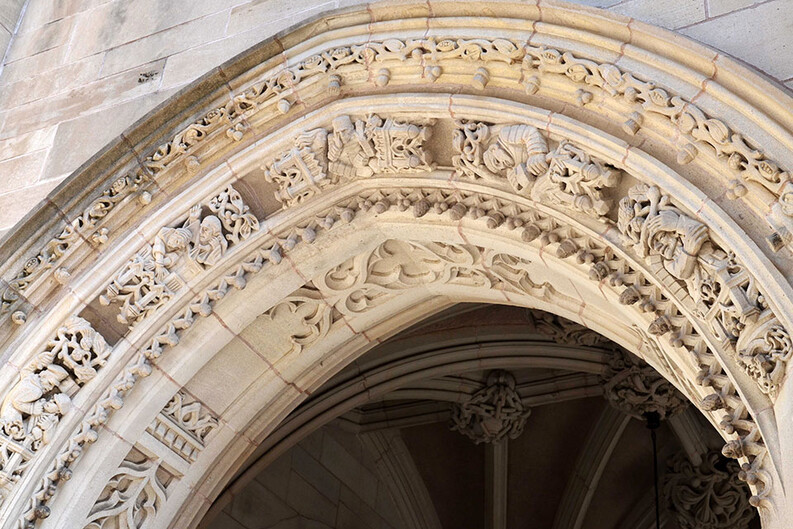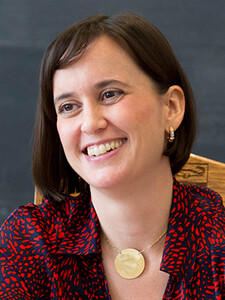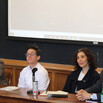Professor Rodríguez Elected to American Law Institute Council

The American Law Institute (ALI) has elected Leighton Homer Surbeck Professor of Law Cristina Rodríguez ’00 to its Council, which identifies projects and activities to be accepted by the ALI and approves the work that represents the position of the Institute.

Rodríguez joined Yale Law School in 2013. Her research includes constitutional law and theory, immigration law and policy, administrative law and process, and citizenship theory. In 2021, she was appointed by President Biden to co-chair the Commission on the Supreme Court of the United States. Her recent writings include the 2020 Foreword to the Harvard Law Review, “Regime Change,” and the book, The President and Immigration Law, co-authored with Adam Cox and published by Oxford University Press in September 2020. In recent years, her work has focused on the relationships between administrative and executive governance and democratic politics and decision-making. She has turned to immigration law and related areas as vehicles through which to explore how the allocation and exercise of power (through federalism, the separation of powers, and the structure of the bureaucracy) shapes the management and resolution of legal and political conflict. Her work also has examined the effects of immigration on society and culture, as well as the legal and political strategies societies adopt to absorb immigrant populations.
The American Law Institute is the leading independent organization in the United States producing scholarly work to clarify, modernize, and improve the law. The ALI drafts, discusses, revises, and publishes Restatements of the Law, Model Codes, and Principles of Law that are influential in the courts and legislatures, as well as in legal scholarship and education.
By participating in the Institute’s work, its ALI members have the opportunity to influence the development of the law in both existing and emerging areas, to work with other eminent lawyers, judges, and academics, to give back to a profession to which they are deeply dedicated, and to contribute to the public good, according to the Institute.


